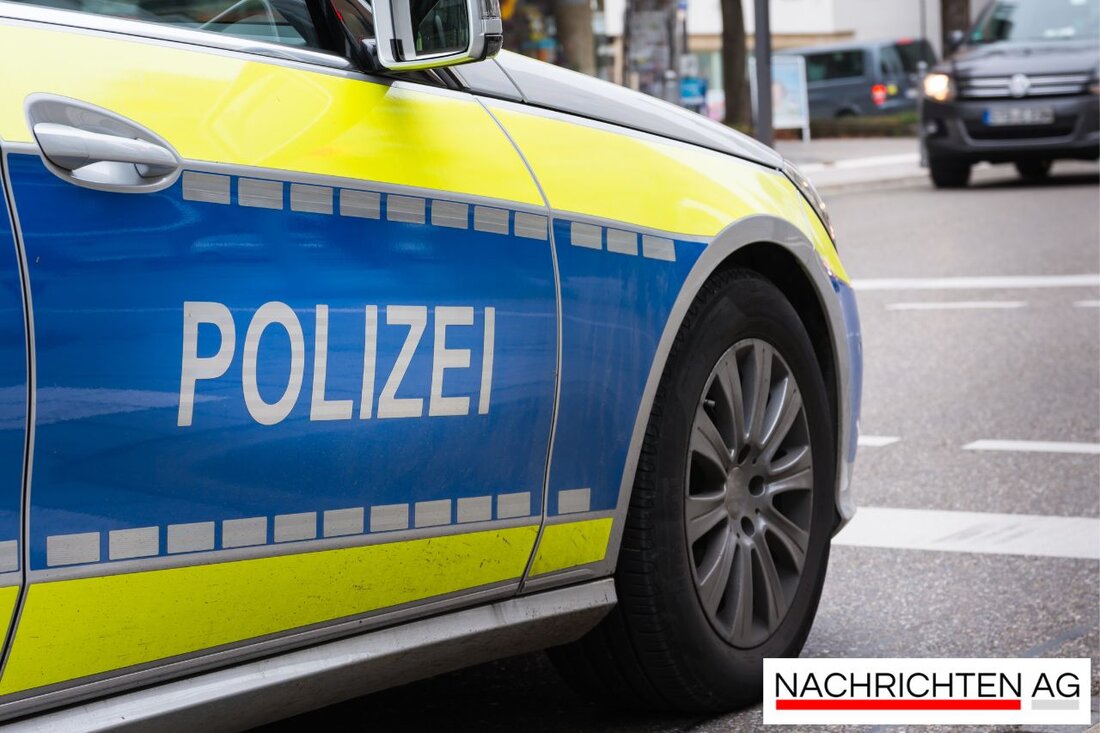Memory in Tegel: Memories of the uprising of June 17, 1953
On June 17, 2025, Berlin commemorated the victim of the 1953 victim with a wreath laying at the memorial in Tegel.

Memory in Tegel: Memories of the uprising of June 17, 1953
On June 17, 2025, a memorial event took place in Reinickendorf in honor of the victims of the uprising of June 17, 1953 in the GDR. The district office and the district council assembly commemorated the victims of this important popular uprising in the afternoon with a wreath laying at the memorial in Tegel. Among those present were also representatives of the district of Oberhavel, including the first deputy Egmont Hamelow and Mayor Dr. Hans-Günther Oberlack.
The popular uprising 72 years ago was a reaction to the brutal enforcement of socialism and the oppressive measures of the SED regime. In several cities, Hennigsdorf steel workers demanded better working conditions and the reunification of Germany by free elections. On June 17, 1953, this led to a protest march through Berliner Strasse in Tegel, where there is a memorial.
meaning of the uprising
District Mayor Emine Demirbüken-Wegner gave a speech during the commemoration in which she highlighted the importance of the popular uprising. The uprising was characterized by a wave of strikes and demonstrations, in which more than a million people took part in over 700 cities of the GDR. The protesters called for the resignation of the government and the release of political prisoners, such as [NDR] (https://www.ndr.de/geschichte/aufstand-des-des-1953-panzer- against-parolen-in-dr.The greatest demonstrations occurred in East Berlin, Merseburg and Halle (Saale), where over 100,000 people went on the streets. The economic situation in the GDR was tense at the time, especially after increasing the work standards by 10.3 percent, which was perceived by the population as a provocation. These measures provoked the first jobs in the GDR, which began on June 16, 1953 and resulted in a large -scale protest the following day.
violent suppression
The uprising was brutally suppressed by Soviet troops and the GDR police, which led to at least 55 fatalities. The Soviet occupying powers represented the uprising as a fascist attempted coup and called out the state of emergency on June 17. Up to 18 demonstrators were shot and more than 15,000 people were arrested in the following days. Wikipedia points out that the GDR leadership monitored the measures until 1989 and posted the uprising as one of its greatest trauma.
June 17th was celebrated in the Federal Republic of Germany from 1954 to 1990 as the “Day of German Unity”. He continues to remain an important commemoration day to remind the history of the GDR and the courage of those who joined freedom and human rights at the time. Today's memorial event in Reinickendorf is not only a tribute to the victims, but also an important step towards dealing with these historical events.

 Suche
Suche
